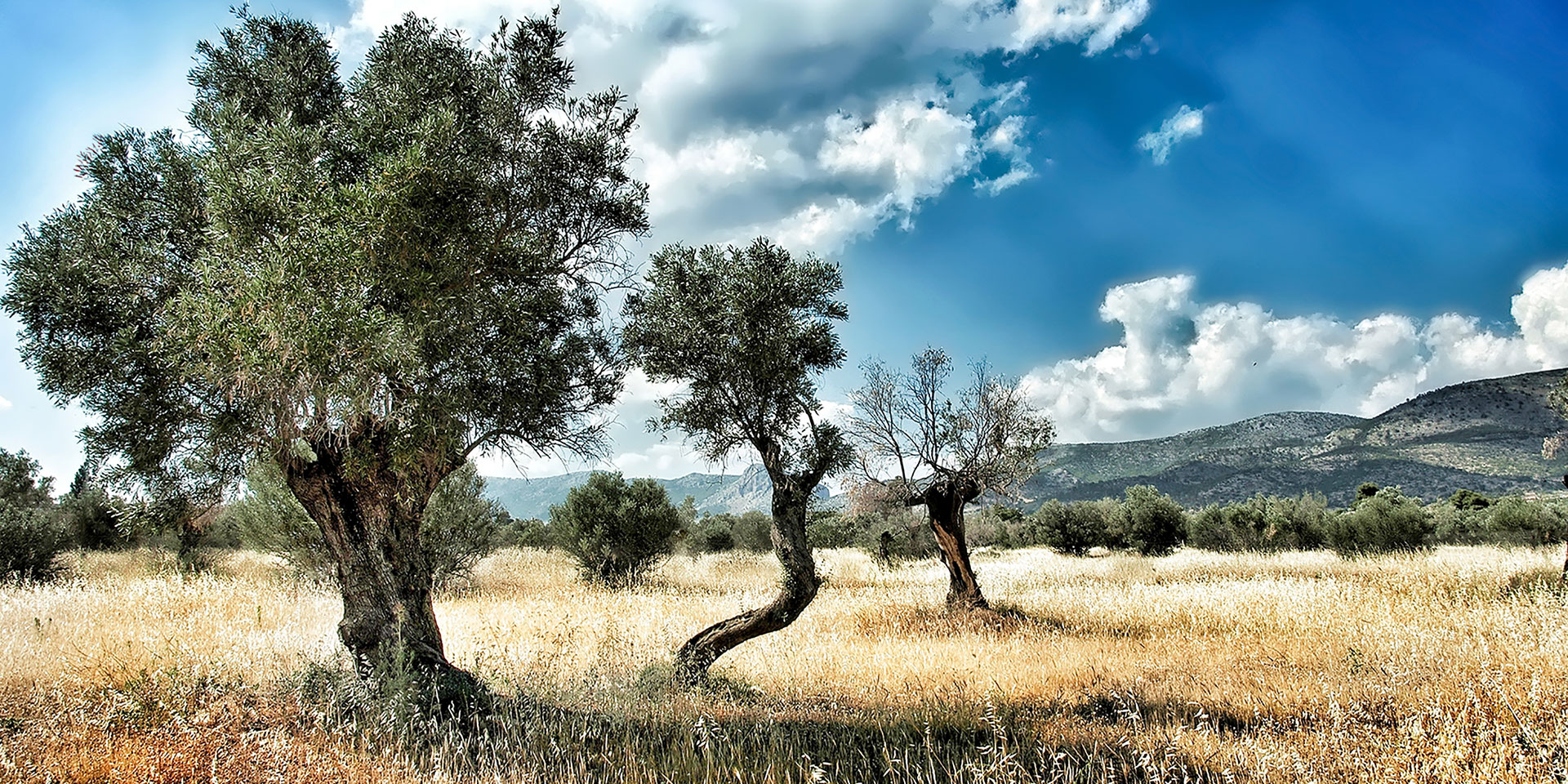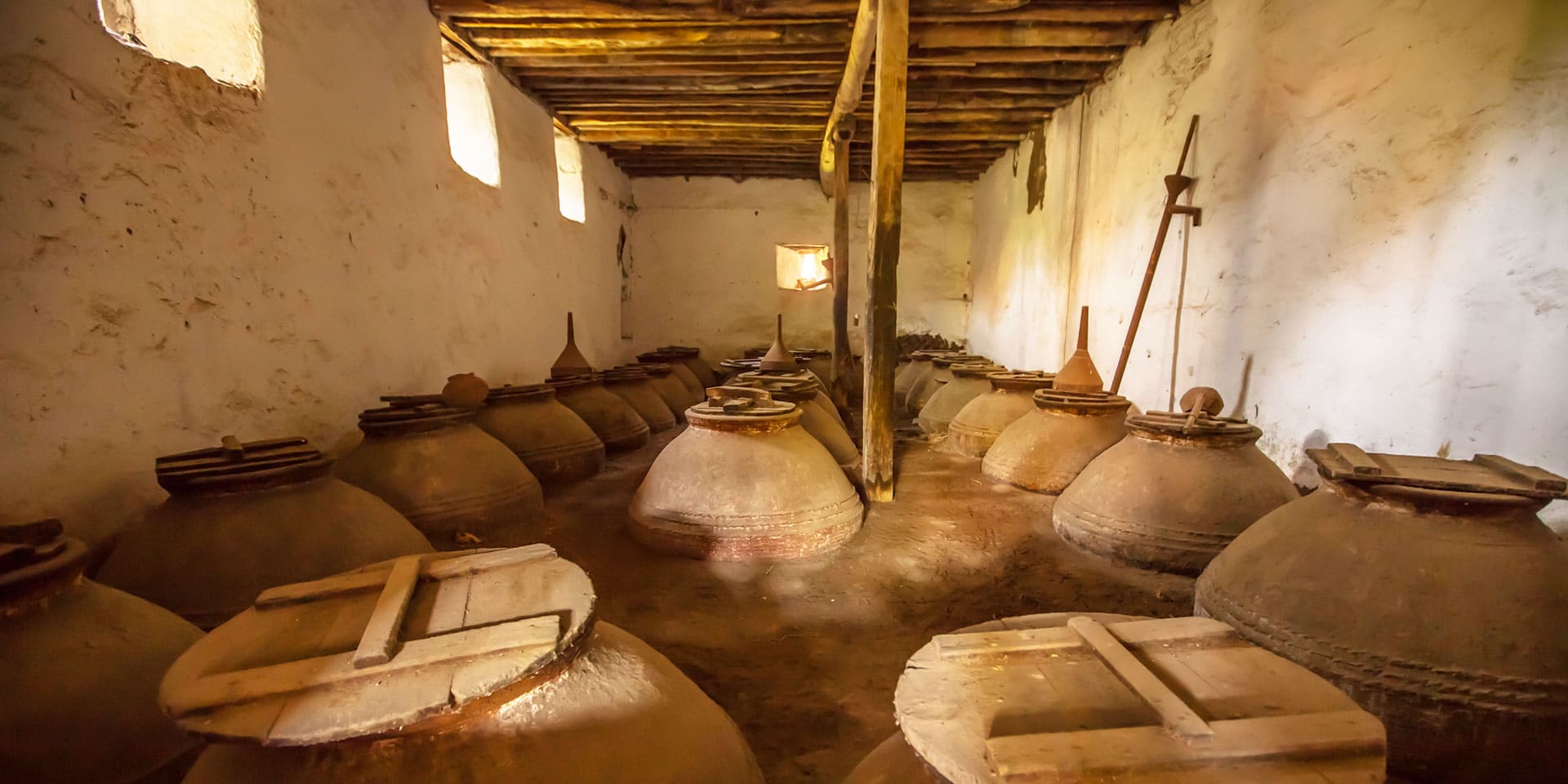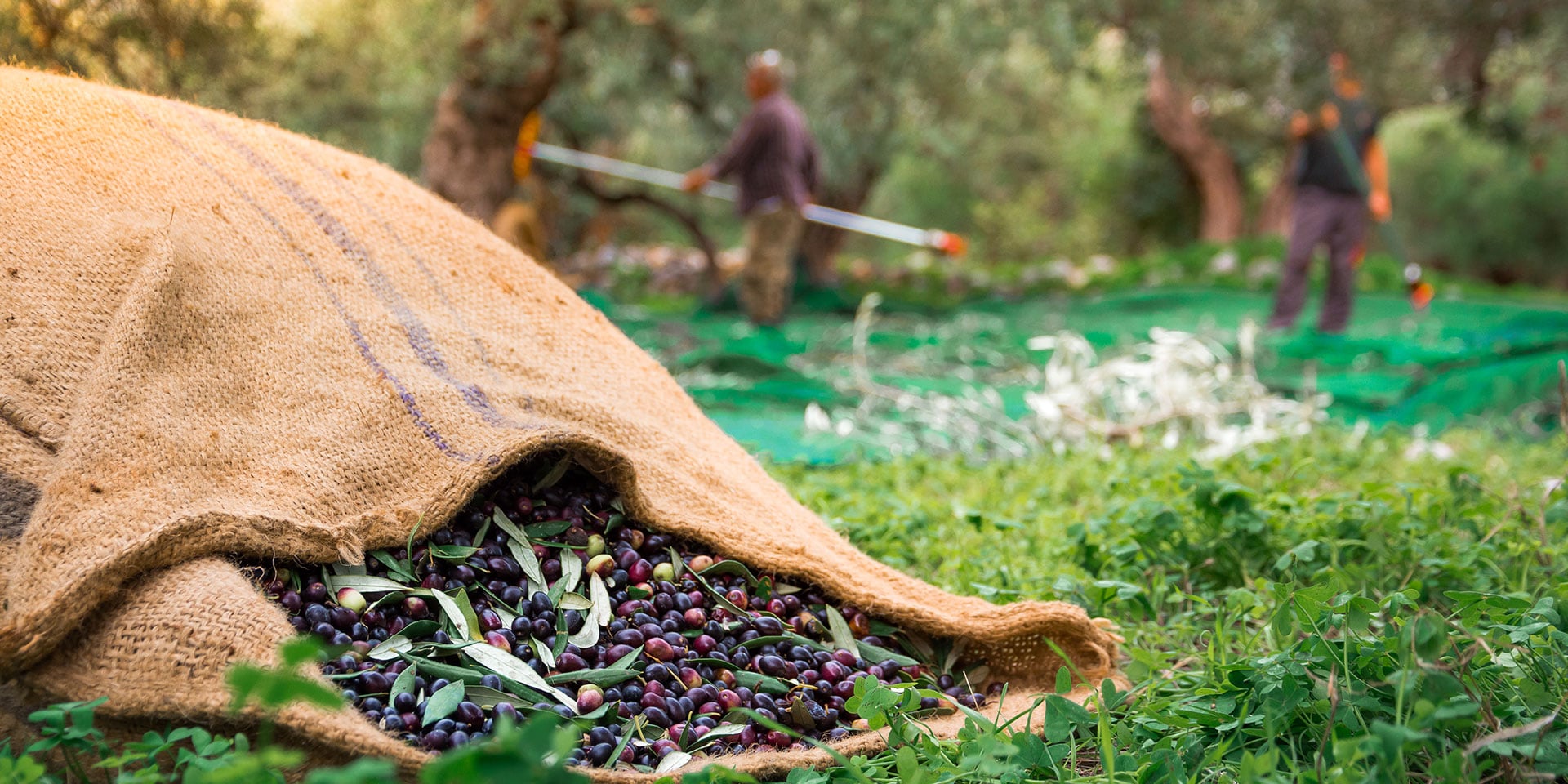Olive trees dot the landscape throughout Greece and are heavily entwined with the country’s culture. The ancient Greeks began pressing olives more than 5,000 years ago, and the olive oil produced here is considered some of the best in the world.
Harvest season takes place between October and January and is traditionally a community affair, with people of all ages gathering to help pluck the bounty by hand.
For travelers, it’s a wonderful opportunity to connect with nature, experience traditions and indulge in food-forward activities. It’s possible to visit the harvest and learn about the process, or even take part for a few days yourself. The oil is usually ready to sample after a few weeks, and local tavernas and producers will be keen to offer you a taste.
The season is also a great time to explore Greece without the heat and crowds, and a trip to experience the harvest is easy to combine with other activities. Take advantage of the cooler temperatures and put aside some time for hiking and bike riding around the stunning mountains and coastlines that are found all over the country.
A word of advice: Wait until summer before booking a trip. Bad weather in winter and spring can thwart a successful growth period, but by June farmers know whether they will have enough olives for a robust harvest.

Southern Peloponnese
Any olive-themed trip wouldn’t be complete with a visit to Kalamata. The city, which is situated in the ancient Messina district, gives its name to the famous brown olive variety. The Peloponnese is a largely rural region, and many households here rely on olive farming for their incomes.
For a luxurious experience and the chance to take part in a harvest yourself, head to the eco resort of Costa Navarino and book a stay at The Romanos, a Luxury Collection Resort, Costa Navarino and The Westin Resort, Costa Navarino. The region features centuries-old, organically farmed Koroneiki olive groves, which are carefully harvested by hand each year and are renowned for their low acidity. The result is the award-winning Navarino extra-virgin olive oil.
Visitors can learn all about Messinian agricultural and culinary traditions, following each step of the olive’s journey and visiting a nearby olive-oil mill. For a really immersive food experience, you can combine the harvest with wine and cookery courses, plus there are plenty of options for wellness and outdoor activities, from golf to yoga.
Be sure to also take a day trip to Kalamata’s famous farmers market, packed full of mouth-watering local produce.
Northern Peloponnese
Many visitors to Athens make the two-hour trip to the northern Peloponnese to check out the ancient ruins of Corinth or the serene beach life of Nafplio. But it’s also worth making the journey to learn more about rural Greek life.
Each village in this region has its own farming tradition, from shepherding to orange growing. To experience a modern olive-farming village, head to Prosymna, where every family owns a field — or several.
Crete
Greece’s largest island is one of Europe’s best food destinations. The Cretan climate means produce stays in season here longer than in any other part of Greece, and the region is known for its unique dishes such as dakos (rusks with tomato and feta) and fried snails.
To experience the olive culture, get away from the beach and head into the mountains, where fields of olive groves stretch for miles. Some producers, such as Biolea, allow tours of their mills combined with tasting sessions.
Take a break from harvesting to enjoy the fruits of your labor, as it were, with a meal at the island’s Domes Noruz Chania, Autograph Collection or Domes of Elounda, Autograph Collection resorts.
Lesbos

The east Aegean island of Lesvos was famous for supplying the rest of Europe with high-quality olive oil through the 19th century.
Today you can learn all about the industry’s history at The Museum of Industrial Olive-Oil Production, situated in the center of the island. And don’t miss sampling the wares of small-scale producers, such as cooperatively owned Modousa.
Cyclades
The blue-and-white houses of the Cycladic Islands are one of Greece’s most iconic sights. On the island of Naxos you can join in with the Annual Feast of Traditional Olive Oil Extraction, which takes place between late January and early February. Hosted in the village of Damalas, it features traditional local foods, wine and music.




